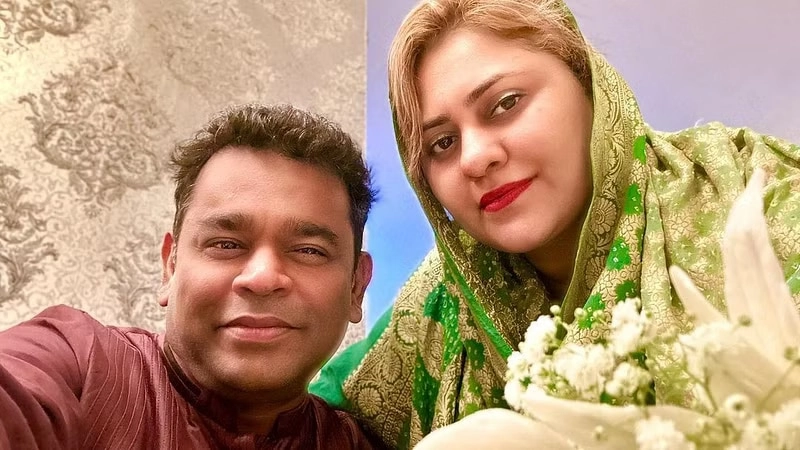In a recent statement that has garnered significant attention and stirred controversy, Pakistani cricketer Shahid Afridi made headlines with his unexpected remarks about consuming dog meat. Afridi, known for his impactful performances on the cricket field and his candid personality, shocked listeners during a public event when he casually recounted his experience of trying what many consider an unconventional delicacy. This revelation has sparked a debate not only about dietary choices but also about cultural perceptions surrounding food in different regions.
Afridi’s comments were made in the context of discussing the diverse culinary traditions found in various parts of the world. While he intended to highlight the unique aspects of local cuisines, the mention of dog meat took many by surprise. In Pakistan, as in many other countries, dogs are often regarded as pets and companions rather than food sources. This cultural backdrop has led to a polarized response from the public, with some expressing outrage and others defending Afridi’s right to share his experiences. The incident raises important questions about food taboos and the cultural significance of what we choose to eat.
The backlash against Afridi’s statement has been swift, with social media users voicing their opinions on the matter. Some critics have accused him of promoting a practice that they find unacceptable, while others argue for a broader understanding of cultural differences in dietary customs. This incident highlights the complexities surrounding food choices and how they can intersect with cultural identity. As global interconnectedness grows, conversations about what is considered acceptable to eat become increasingly nuanced, prompting individuals to reflect on their own beliefs and values.
Ultimately, Afridi’s comments serve as a reminder of the rich tapestry of human experience when it comes to food. While some may find his remarks distasteful, they open the door for dialogue about the diversity of culinary practices around the world. As societies evolve and engage with one another, understanding and respecting cultural differences in food consumption can foster greater appreciation for the unique traditions that shape our collective experience. Whether one agrees with Afridi’s choice or not, his statement has undeniably sparked a conversation that goes beyond mere dietary preferences, highlighting the intersection of culture, identity, and food.




